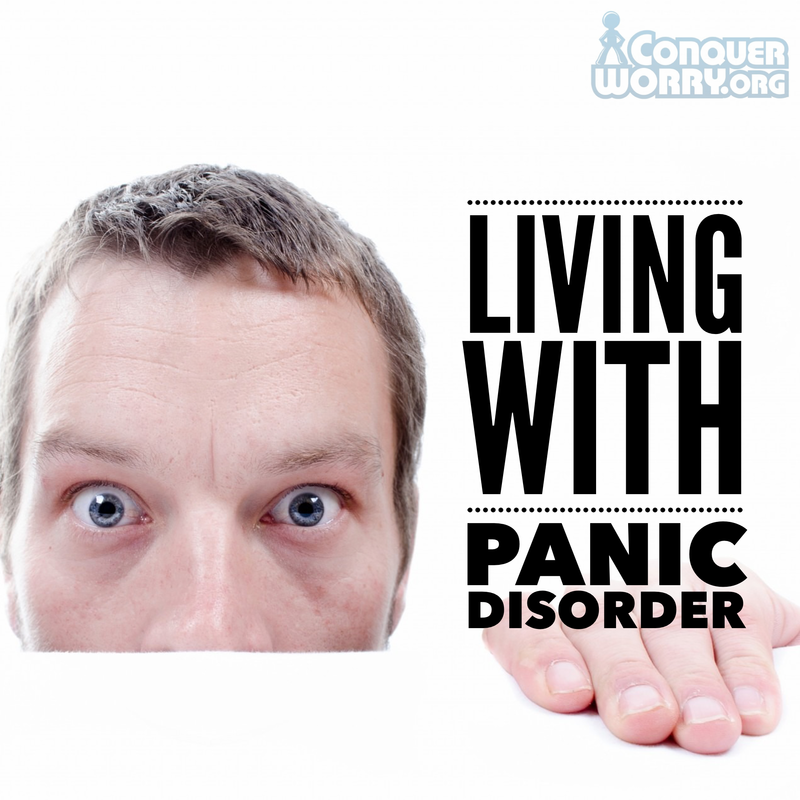|
Guest Post by Irving Schattner Edit and Post Design by Christy Zigweid Photo by PublicDomainPictures via Pixabay made using @WordSwagApp What is Panic Disorder? According to the Anxiety and Depression Association of America, “panic disorder is diagnosed in people who experience spontaneous, seemingly out of the blue attacks and are preoccupied with the fear of a reoccurring attack. Panic attacks occur unexpectedly, sometimes even during sleep.” The fear that is felt during a panic attack can last several minutes and is usually unexpected. Most people are visibly distraught after an attack occurs and fear the re-occurrence of another panic attack. Some are so severe that they can be mistaken for a heart attack, leading one to check into a hospital emergency room in hope of finding a physical explanation. Most typically, the patient is administered an anti-anxiety medication by ER staff and told there is nothing physically wrong–that they are suffering from anxiety or stress. Lacking a physical explanation for their panic, they often feel different from everyone and wonder “Am I going crazy?” Not getting the help or answers they so desperately need leads to shame, guilt, further avoidance and, quite often, the belief that they are doomed to suffer in silence and are beyond help. Photo by Sorbyphoto via Pixabay The disorder, if left untreated, not only reinforces continued avoidance of the feared situation (for example, in the case where an attack occurred while driving, you may seek alternative routes or stop driving all together). The anticipation of having another attack may generalize into situations previously not associated with the original fear or panic. This disorder may also lead to agoraphobia, which is characterized by severe anxiety in situations where an individual feels trapped by their surroundings. Panic sufferers may also experience anticipatory anxiety and generalized anxiety. This disorder can create significant psychological, emotional, and physical distress, as well as avoidance of opportunities for personal and professional growth, relationships, and happiness. Treatment for Panic DisorderPanic disorder (and other anxiety disorders) require specific targeted interventions that are individually tailored to the needs of the client (as no two clients are alike). It is crucial that you receive the guidance, coaching, and expertise of a mental health professional who “specializes” in treating panic (and other anxiety disorders), as traditional “talk therapy” is ineffective. The following approaches are evidence-based and proven as most effective for the relief of panic (and other disorders). They include:
There’s no need to suffer About the Author - Irving Schattner, LCSW
0 Comments
|
Build Your Action Based Stress Reduction System
Popular PodcastsOlympian Suzy Favor Hamilton - From Fame to Prostitution to Advocacy
Hall of Fame Basketball Star Chamique Holdsclaw on Mental Resilience Diana Nightingale on her husband Earl Nightingale's Principles for Mental Health Success JoAnn Buttaro on Date Rape & PTSD Survival Story: Its Never Too Late Gabe Howard on BiPolar Advocacy Phil Fulmer on Teen Suicide Prison, Bipolar and Mania with Andy Behrman Columbia Univeristy's Dr. Rynn on OCD Archives
March 2018
Categories
All
|






 RSS Feed
RSS Feed





